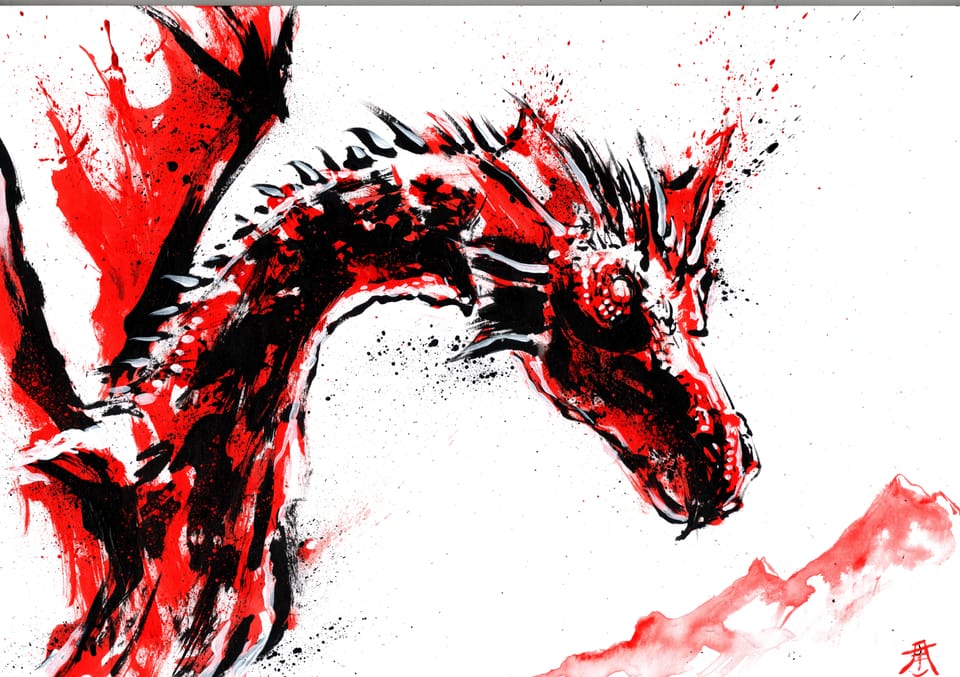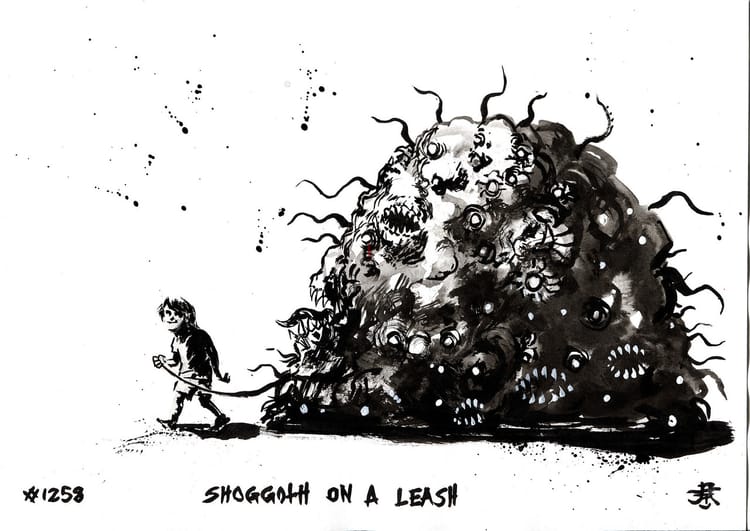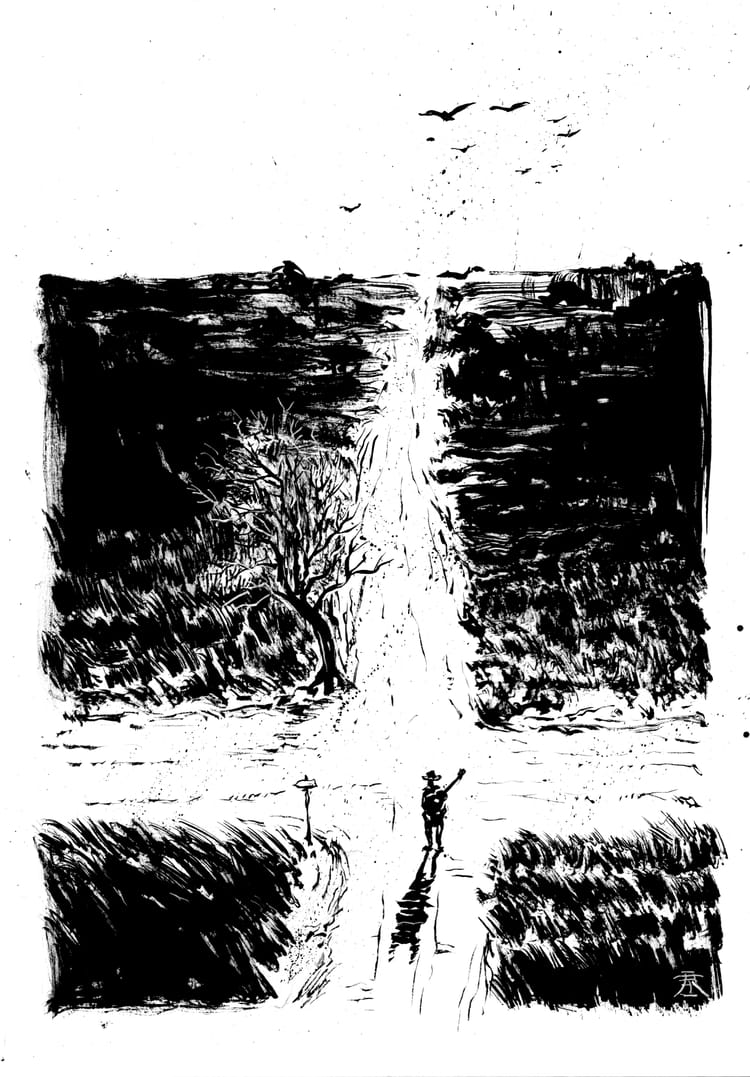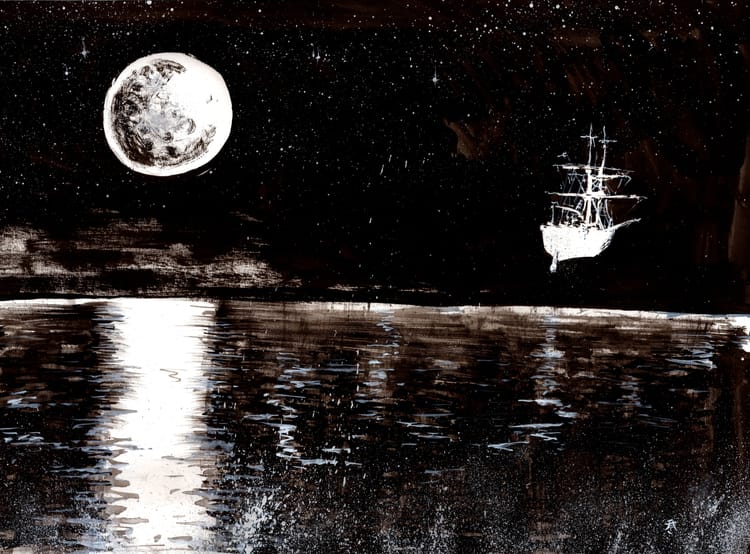Min/Maxing Your GM Journey

Ahh, January, that time of year when we make resolutions we are definitely going to stick to. Maybe you’ve resolved to improve your GMing in the new year. Perhaps you decided this would be the year you finally take your turn in the hot seat. Maybe you stumbled onto this article in the middle of summer and are just looking for a couple of quick tips.
Regardless of the promises you made to yourself, today we’re going to take a journey that begins with identifying our problem areas and ends with a plan to min/max the heck out of our GM-fu.
Ready? Queue up “Eye of the Tiger” because it’s time to do this!
STEP ONE: Identifying Our Problem Areas
The first step in min/maxing our GM skills is knowing where to devote our effort, and in order to do that, we need to get specific.
A Caveat on Anxiety: There can be a fine line between wanting to improve ourselves because we love this hobby and wanting to improve because we’re insecure in our abilities. A lot of self-improvement blogs use that line to get clicks and engagement, especially at the start of the year. But this isn’t one of those blogs.
So before we go any further, let’s acknowledge that there is no such thing as a perfect game master. To some extent, we’re all improv GMing our way through life. No one really knows what they’re doing, but those of us who care enough are trying hard to do better, and that’s what matters.
Even if we yeet our anxiety out the window, insecurity tends to cling to the trellis. How do we know the difference between the skills we need to work on and those the mind weasels use to keep us up at night?
The answer is simple: specificity.
If you can point to a specific aspect of how you run games and say, “Yes, this is what I want to improve. This distinct thing right here.” Then, congratulations, you have identified an area that needs improvement.
On the other hand, if you have a general fear that everything is horrible and nothing is right, that’s anxiety trying to crawl back through the window.

Don’t be like Stoick the Vast and Hiccup.
If you still need help, source your table. Talk to your players and see if they have constructive criticism, or try implementing a formal system of gathering feedback like the Stars & Wishes method developed by Lu Quade over on The Gauntlet.



